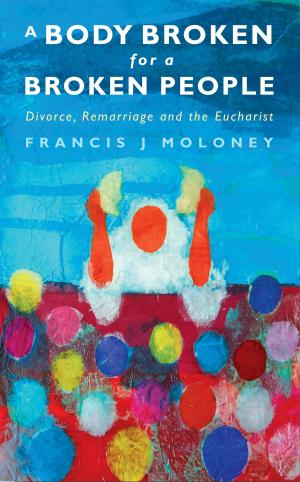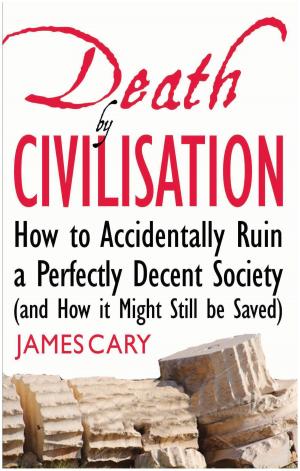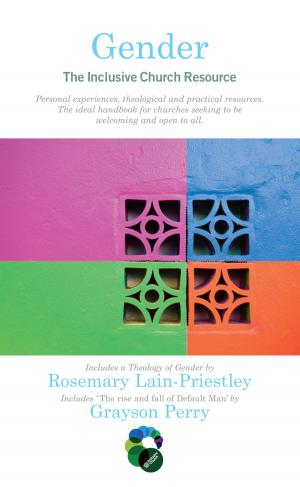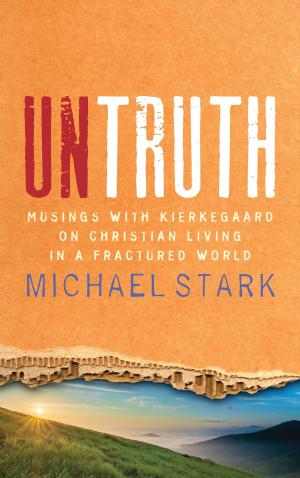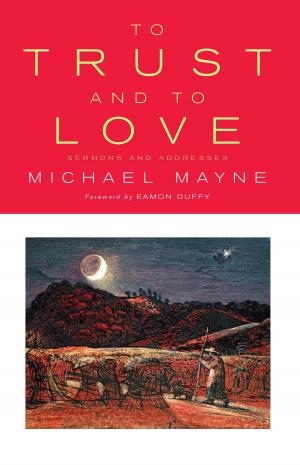| Author: | David Sheppard | ISBN: | 9780232530131 |
| Publisher: | Darton, Longman & Todd LTD | Publication: | January 17, 2013 |
| Imprint: | Darton, Longman and Todd Ltd | Language: | English |
| Author: | David Sheppard |
| ISBN: | 9780232530131 |
| Publisher: | Darton, Longman & Todd LTD |
| Publication: | January 17, 2013 |
| Imprint: | Darton, Longman and Todd Ltd |
| Language: | English |
Steps Along Hope Street relates the life of David Sheppard, famous for being the keen sportsman who gave up a career in international cricket to become a vicar. He went on to pioneer the Church of England's social work in the inner city and wound up as the Bishop of Liverpool. Sheppard's book also reflects on the enormous changes within the Church of England in the last 50 years.
Sheppard recounts his middle-class childhood and his privileged education at Sherborne and Cambridge. At Sherborne he found cricket and at Cambridge he found God. He soon became a keen member of the Christian Union and Evangelical camps for public school boys. Sheppard relates his second conversion to the needs of inner city Britain as he worked for 20 years in London before going on to Liverpool. At Liverpool he teamed up with the Catholic archbishop Derek Warlock. By this time Sheppard had undergone a third conversion--to a fervent commitment to ecumenism and the church's responsibility to the urban poor.
It is easy to see both of these ideals as hopelessly naïve; indeed, Sheppard's own writing style comes across as somewhat naïve and innocent. But Sheppard's book shows that Liverpool, with its inner city blight and history of sectarian rivalry, was precisely the place for such idealism to be pursued. At the heart of Liverpool, Hope Street links the city's two cathedrals. The book, like Sheppard himself, is not a heavyweight, but it shows that lasting good can still be accomplished by people who pursue their beliefs with passion and simplicity.
Steps Along Hope Street relates the life of David Sheppard, famous for being the keen sportsman who gave up a career in international cricket to become a vicar. He went on to pioneer the Church of England's social work in the inner city and wound up as the Bishop of Liverpool. Sheppard's book also reflects on the enormous changes within the Church of England in the last 50 years.
Sheppard recounts his middle-class childhood and his privileged education at Sherborne and Cambridge. At Sherborne he found cricket and at Cambridge he found God. He soon became a keen member of the Christian Union and Evangelical camps for public school boys. Sheppard relates his second conversion to the needs of inner city Britain as he worked for 20 years in London before going on to Liverpool. At Liverpool he teamed up with the Catholic archbishop Derek Warlock. By this time Sheppard had undergone a third conversion--to a fervent commitment to ecumenism and the church's responsibility to the urban poor.
It is easy to see both of these ideals as hopelessly naïve; indeed, Sheppard's own writing style comes across as somewhat naïve and innocent. But Sheppard's book shows that Liverpool, with its inner city blight and history of sectarian rivalry, was precisely the place for such idealism to be pursued. At the heart of Liverpool, Hope Street links the city's two cathedrals. The book, like Sheppard himself, is not a heavyweight, but it shows that lasting good can still be accomplished by people who pursue their beliefs with passion and simplicity.

